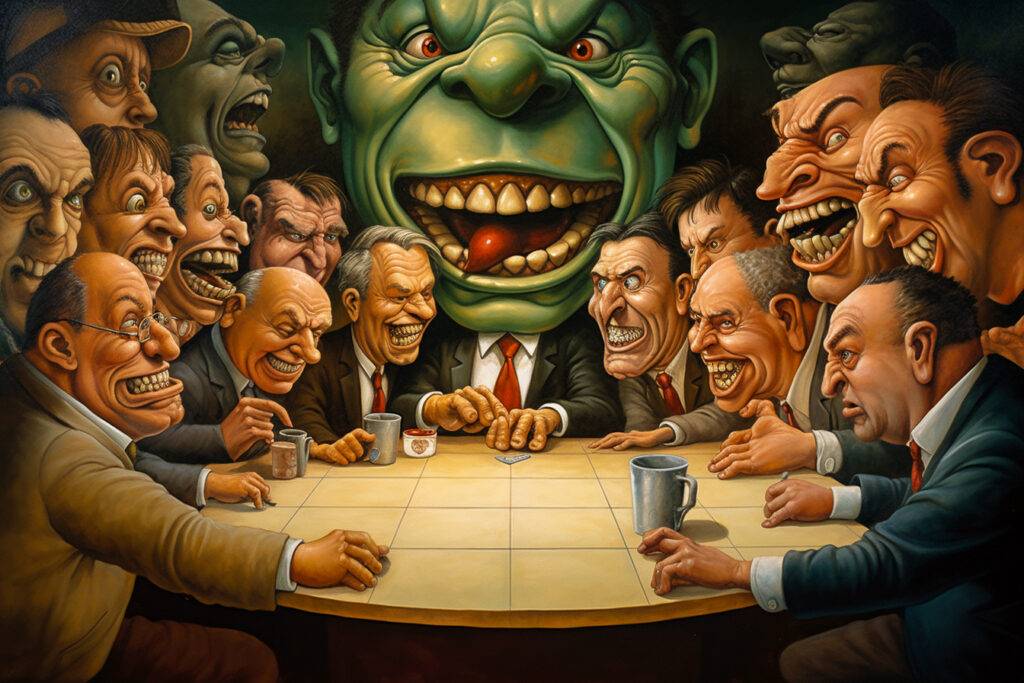Pretending is an everyday tool for many individuals, serving as a means to blend in more easily with the social environment around them. Unlike acting, which involves conscious actions, pretending is often a spontaneous and unconscious response to social norms, i.e. the need to adapt to the social environment. It is a play on the stage of life, where the individual puts on different masks in order to interact with the world.
Pretending is a survival mechanism that is part of our social structure. It can act as a shield, allowing individuals to hide vulnerabilities and facilitating adaptation to societal expectations. Pretence is a social lubricant that promotes interaction and helps individuals to fit into different social environments.
Pretending allows individuals to navigate complex interpersonal relationships. Whether it is adapting behaviour to fit into a professional environment or showing enthusiasm at a social event, pretense is a huge force shaping our everyday interactions.
There is no clear line to be drawn between genuine emotions and the actions demonstrated as a result of pretending. This blurred line makes our social interactions more complex, influencing the perception of others, thus creating relationships that are not entirely genuine.
Living in a social environment where there is no need to pretend is a feeling of freedom that comes from our unconscious mind – without pretending.




